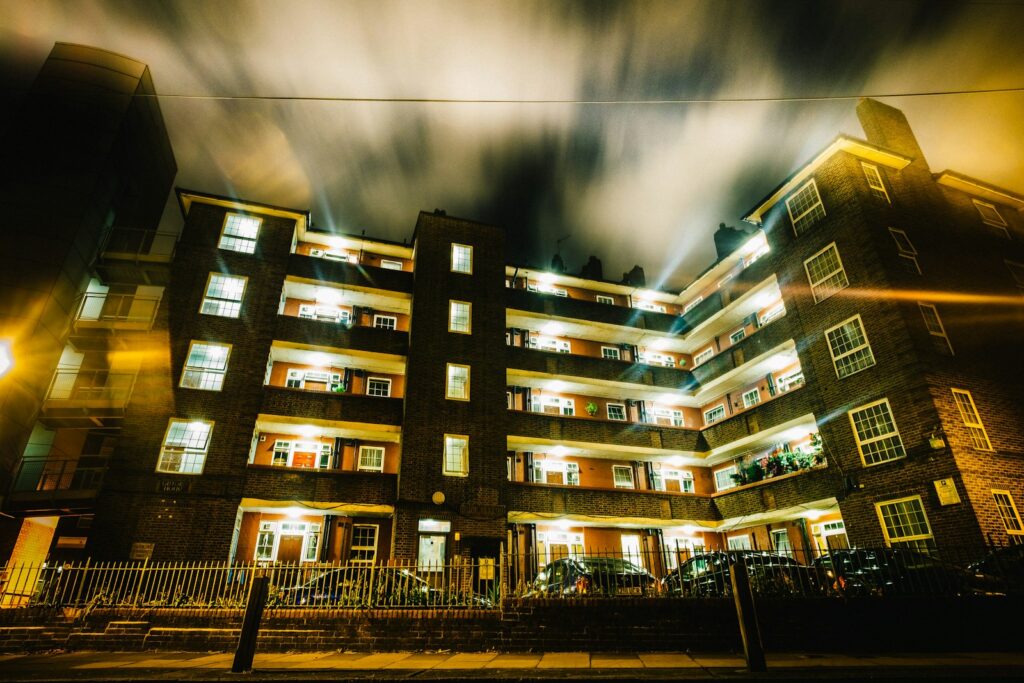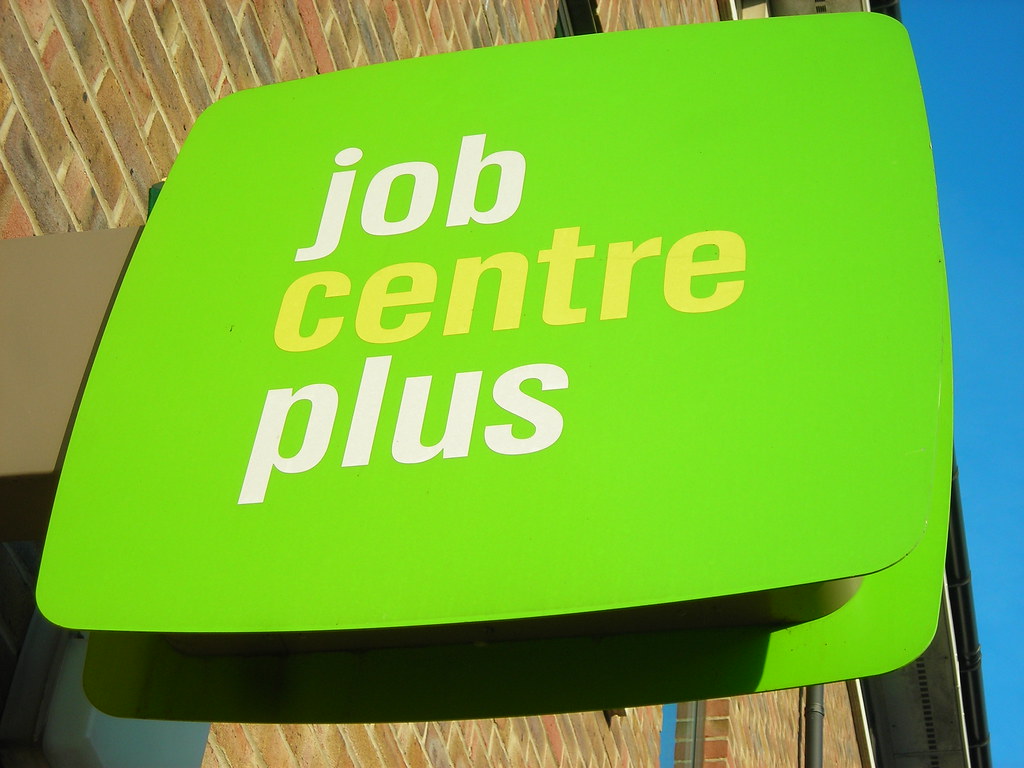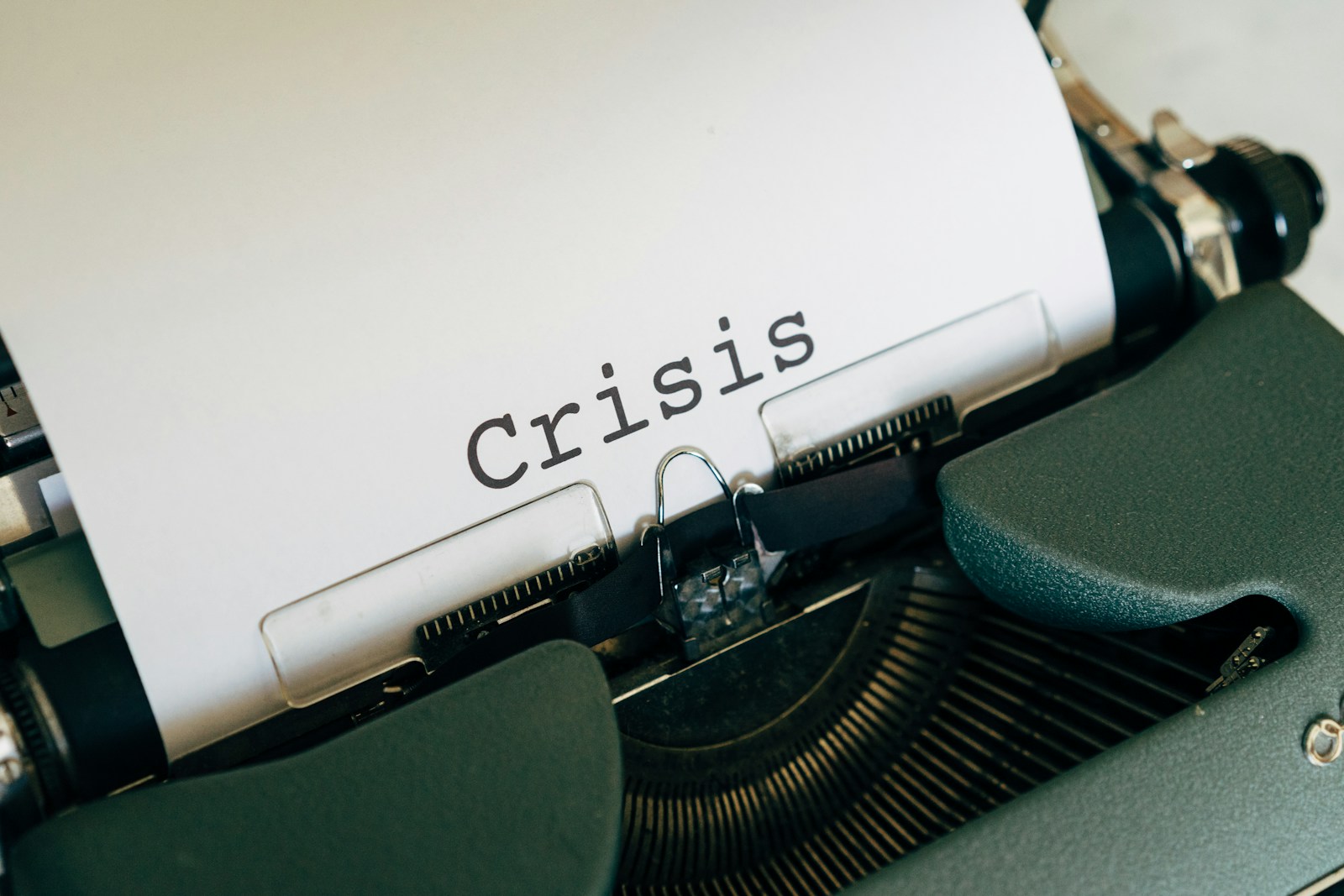A new report from The Young Foundation reveals communities across the UK, regardless of their status, need to work better together to improve our chances of recovering from crisis’.
Earthquakes, ongoing wars, climate change and rising American supremacy are enough to make people think about the possibility of crisis and even begin drafting plans should they ever occur in the UK. This is exactly what members of The Young Foundation have done, and they’ve gone one step further and published a report containing their findings.
Unfortunately the contents aren’t pretty. The first-of-its-kind report, otherwise known as ‘Community, not catastrophe‘, found that if something drastic were to happen quite soon in the UK, our ability to deal with it and recover would be far from satisfactory. Currently, experts found the UK depends on networks of trust, mutual aid and voluntary infrastructure that mobilise during emergencies.
To conduct the research, experts looked into how areas of England and the rest of the UK coped with emergencies, such as the Covid-19 pandemic, floods and terrorist attacks.
Some of the reports key findings include:
- Current levels of awareness and understanding of ‘preparedness’ across the UK are far too low and to fix this authorities must ensure every member of society, regardless of location, race, sexuality or size, has the information and skills to keep themselves safe.
- New community-led approaches about how to deal with crisis’ should be established and tested, as simply broadcasting information about risk is not enough.
- ‘Exercises’ to increase resilience should be designed and delivered with communities.
- The UK needs local civil resilience infrastructure, with clearly identified spaces for public access to information, training and safety.
‘The role of the public, communities and the voluntary sector is downgraded in many national policy debates about crises preparedness. That needs to change,’ Helen Goulden OBE, CEO at The Young Foundation and author of the report said. ‘The UK population is underprepared for the crises we face. Recent history shows us that – in the face of pandemics, fires and floods – civil society carries the heaviest burden in crisis response and recovery yet receives the least recognition and investment. Indeed, it’s proved time and again that community groups, informal networks, and neighbours are more trusted than government when crisis hits. Civil society should therefore be recognised as ‘critical national infrastructure’ in the UK.’
Echoing a similar tone, Matt Leach, chief executive of Local Trust – who helped deliver the report – added: ‘This report is timely and important. Climate change, economic challenges, political turmoil and geopolitical instability pose new and urgent threats to consider and plan for. In doing so, we need to recognise the importance of building social capital and local civil society as a vital resource capable of supporting neighbourhoods and communities to cope with the uncertainties and challenges of the coming decade.’
Alongside The Young Foundation and Local Trust, VCS Emergencies Partnership also supported the report, which can be accessed in full here.
Photo by Markus Winkler via UnSplash
In related news:
Proposed flats could improve ‘architectural merit’ in Coventry


















Leave a Reply